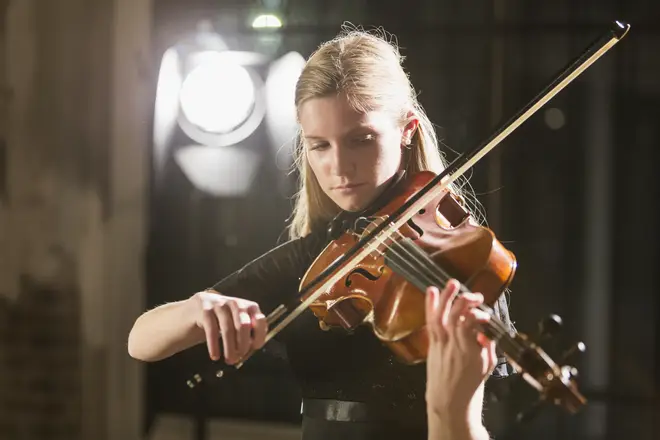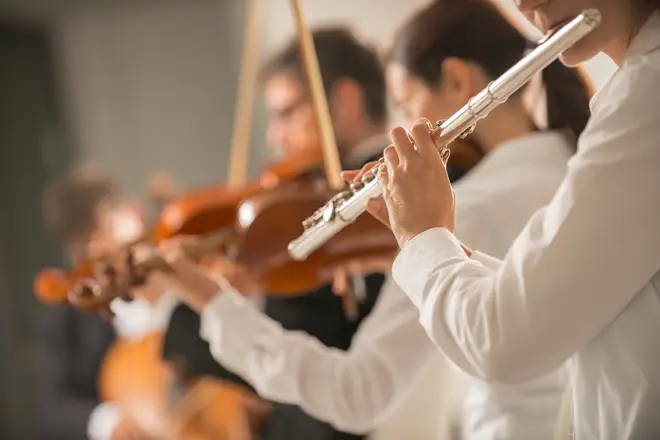On Air Now
Relaxing Evenings with Zeb Soanes 7pm - 10pm
22 August 2019, 09:40 | Updated: 22 August 2019, 09:41

As GCSE results are at the forefront of many students’ minds this morning, some might be wondering ‘what do I do next?’ Here are all the answers to the questions you might have about studying music at school, university and beyond.
Don’t be fooled into thinking the music you'll study will be all classical. Current curriculums give students the opportunity to study amazing pieces. From Stevie Wonder to Dvořák, here are some of our favourites:
Mozart – The Marriage of Figaro
Stevie Wonder
Beyoncé
Hans Zimmer
Louis Armstrong and Ella Fitzgerald – 'Summertime' from Porgy and Bess
Kate Bush – 'Wuthering Heights'
Haydn – The Creation
Bernstein – 'Cool' from West Side Story
Dvořák – Symphony No. 5
University can often be the next step for students after A-Levels, but it isn’t the only way to begin a career in the music industry. There are plenty of music apprentice schemes and internships on offer, which can be a great option for those who want to gain hands-on experience in the industry.
Here is a list of the highest-ranking universities that offer a music degree in the UK. The courses range from conservatoire practical performance and composition degrees to degrees in musicology and music history. Take a look at each University’s music syllabus to see what modules they offer.

Contrary to popular belief, studying music opens doors far beyond a career in performance. Those with a creative streak can pursue careers in broadcasting, publishing, producing and editing.
More scientific-minded students can explore careers in music therapy, the physics of sound, biomusicology and psychoacoustics.
Graded music qualifications in performance and music theory will always look great on a CV. Not only do they show your musical capabilities, they also demonstrate skills of creativity, working towards an end goal, self-motivation, collaboration, communication and numerical skills.
Take it from Julian Lloyd Webber, ex-concert cellist and Principal of the Royal Birmingham Conservatoire:
“There is a huge benefit to studying music,” he tells Classic FM. “There is the joy in discovering some of mankind’s finest creations which span more than five hundred years. There are the proven benefits that studying music brings to studying other subjects and – at degree level – there is the real prospect of a job!
“Music is one thing that will NOT be taken over by robots!”